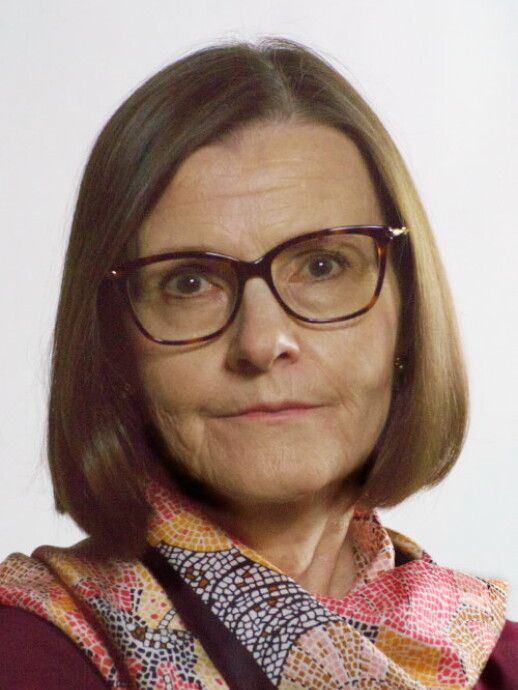
Contact
Links
Areas of expertise
Biography
Currently, I work as a Post Doctoral Researcher in European Ethnology at the University of Turku.
I was studying at the University of Turku in 1972-1981, Comparative Literature as my main subject, changed later for European Ethnology. While studying, I was already recruited in a tradition project by the SKOP Bank in 1979-1981. For two months' time in the autumn 1981, hired by the City of Oulu, I was to prepare urban ethnological fieldwork which was accomplished the year after by the department of Ethnology. After returning from Oulu, I worked for three months as a research assistant in a project concerned the working and living conditions of industrial workers and funded by the Ministry of Education. From 1982 I worked at the Turku Provincial Museum as a curator, responsible for the Turku Maritime Museum and Astronomical Collections and from 1999 at the Forum Marinum Foundation as a chief curator of the National Special Museum of Shipping. I have been retired since 2017.
I have been a doctoral student in European Ethnology from 2013 to 2022, at which time I defended my dissertation and graduated as a Doctor of Philosophy.
Research
In my research, I examine the sailors’ subjective interpretations of the self in the
light of the written answers to the questionnaire concerning seafarers’ work
and working conditions registered by the department of Ethnology in 1963–1964.
The key to my research is individual's relationship to his world, to other
people, to social events, to the material environment and to nature, and the
communication between people. The communication can, for example, be expressed
as linguistic or different bodily expressions and thus as the content of
meanings. My research focuses on experienced identities and on the ethnological
dimensions of time, place and social context, as well as gender because of the research
material was principally written by men.